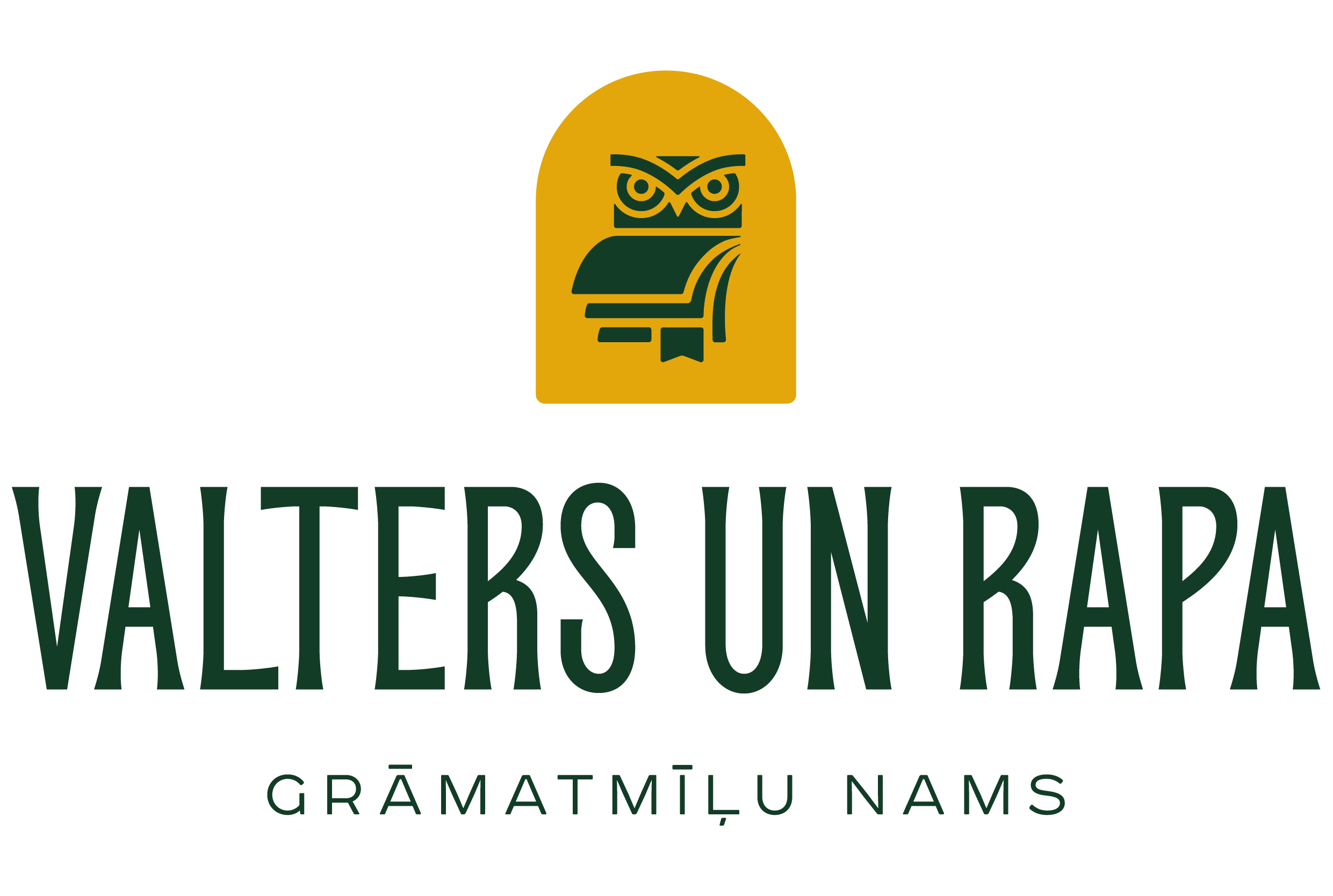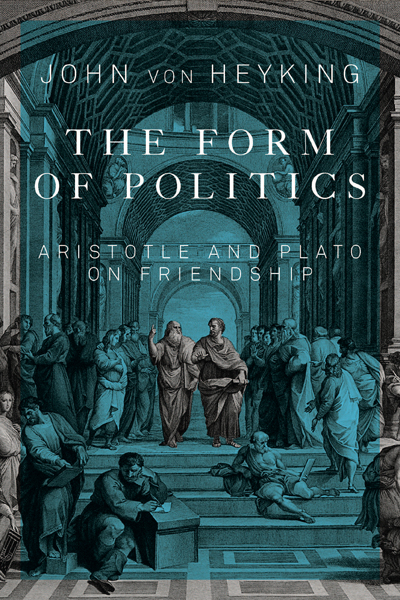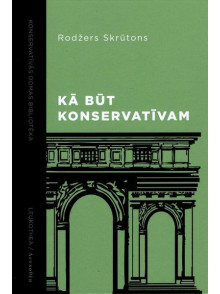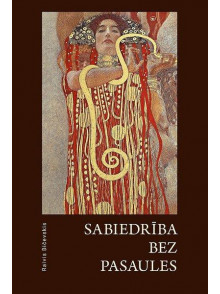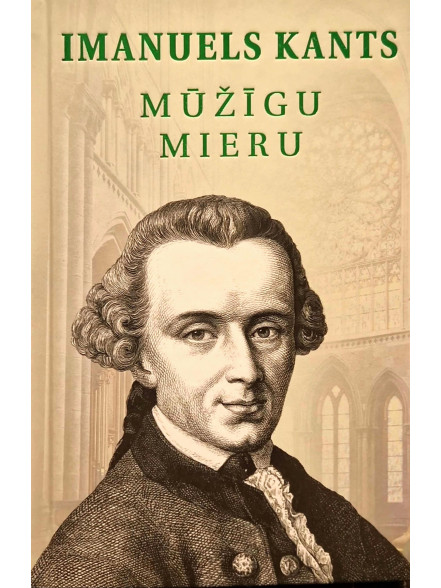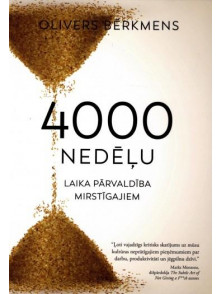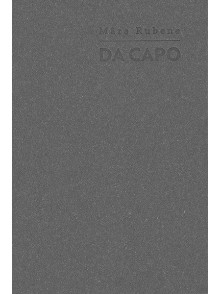The Form of Politics. Aristotle and Plato on Friendship
A study of Aristotle’s and Plato’s interpretations of friendship and their significance for political life.
For statesmen, friendship is the lingua franca of politics. Considering the connections between personal and political friendship, John von Heyking’s The Form of Politics interprets the texts of Plato and Aristotle and emphasizes the role that friendship has in enduring philosophical and contemporary political contexts.
Beginning with a discussion on virtue-friendship, described by Aristotle and Plato as an agreement on what qualifies as the pursuit of good, The Form of Politics demonstrates that virtue and political friendship form a paradoxical relationship in which political friendships need to be nourished by virtue-friendships that transcend the moral and intellectual horizons of the political society. Von Heyking then examines Aristotle’s ethical and political writings - which are set within the boundaries of political life - and Plato’s dialogues on friendship in Lysis and the Laws, which characterize political friendship as festivity. Ultimately, arguing that friendship is the high point of a virtuous political life, von Heyking presents a fresh interpretation of Aristotle and Plato’s political thought, and a new take on the most essential goals in politics.
Inviting reassessment of the relationship between friendship and politics by returning to the origins of Western philosophy, The Form of Politics is a lucid work on the foundations of political cooperation.
